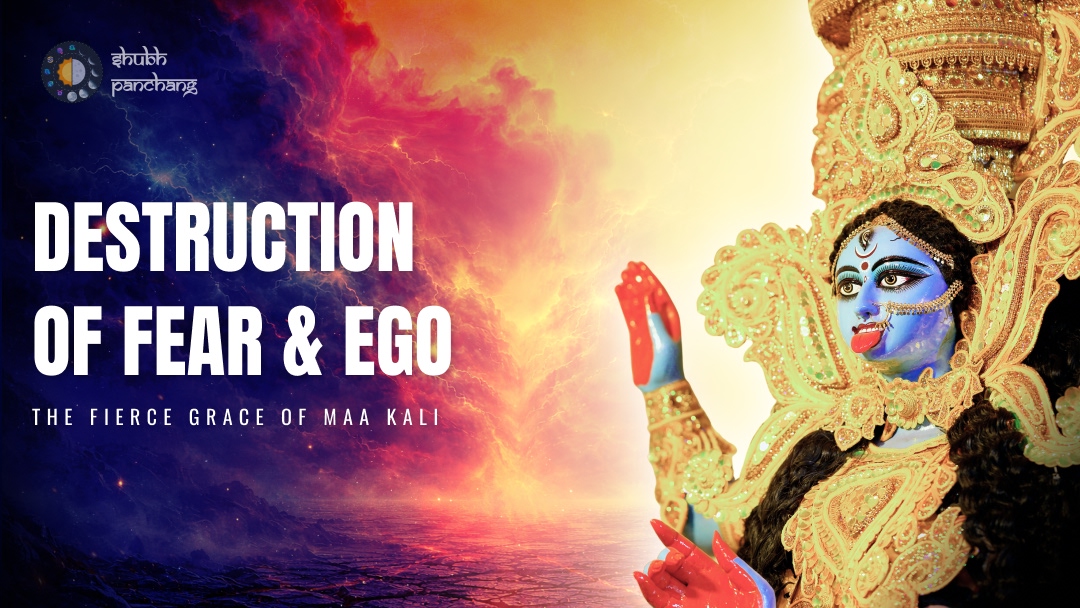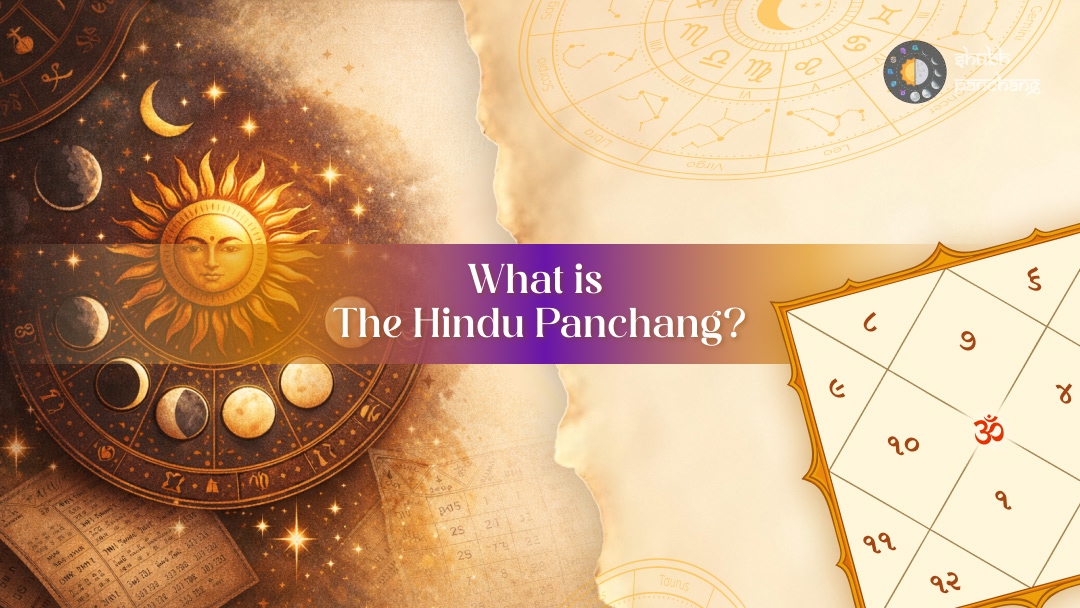
Unveiling the Fulkajali Vrat: A Tradition of Love
Have you ever stumbled upon a tradition so deeply intertwined with love, devotion, and family well-being that it just resonates with your soul? That’s exactly how I felt when I first learned about Fulkajali Vrat. It's more than just a ritual; it’s a heartfelt expression of a woman's love and dedication to her family. Let’s dive into the beautiful world of Fulkajali Vrat and discover its significance.
The Auspicious Timing: Shravan's Embrace
Fulkajali Vrat is a sacred fast observed primarily in Gujarat and parts of western India. This vrat falls on the Krishna Paksha Tritiya (third day) of the Shravan month. Now, Shravan itself is considered an incredibly auspicious month, dedicated to Lord Shiva. So, performing a vrat during this time amplifies its spiritual benefits. After years of practice, I've observed that aligning our actions with these auspicious timings can bring a sense of peace and fulfillment.
Rituals and Celebrations: A Culinary and Spiritual Blend
The celebration of Fulkajali Vrat is a beautiful blend of culinary traditions and spiritual practices. The core of the vrat revolves around preparing specific food items: Fulka: This is essentially roti, a staple in many Indian households. It symbolizes nourishment and sustenance for the family. Jali: A fried delicacy, often made from gram flour or wheat flour, adds a festive touch to the offerings. But here's the thing: these aren't just any ordinary dishes. They are prepared with utmost care and devotion, infused with the intention of well-being for the family. Once the food is ready, it's offered to the deities. A vrat katha (story) is recited, and a puja (prayer) is performed with immense devotion. It's a time for families to come together, share stories, and strengthen their bonds.
The Heart of the Vrat: Family Well-being
The primary reason for observing Fulkajali Vrat is the health, prosperity, and longevity of family members, especially husbands and children. It’s a powerful way for women to express their love and concern for their loved ones. I’ve noticed that the intention behind the vrat is just as important as the rituals themselves. It’s about channeling positive energy and sending heartfelt wishes for the well-being of those we hold dear. Initially I thought it was only for woman but later i realised its collective good for the family.
Spiritual and Cultural Echoes: Beyond the Ritual
Beyond the immediate benefits for family members, Fulkajali Vrat carries profound spiritual and cultural significance. It strengthens family bonds: Participating in the vrat together fosters a sense of unity and shared purpose. It reinforces cultural values: The vrat helps pass down traditions and values from one generation to the next. It enhances spiritual growth: The act of fasting, praying, and offering food cultivates devotion and inner peace. It promotes community harmony: In many communities, women come together to perform the vrat, sharing their experiences and supporting each other.
Embracing the Tradition: A Gift of Love
Observing Fulkajali Vrat is more than just following a set of rules; it's about embracing a tradition that celebrates love, devotion, and family well-being. It’s a reminder that even in our busy lives, we can take time to express our care and concern for those we love. So, this Shravan, why not explore the possibility of incorporating Fulkajali Vrat into your life? It might just be the most meaningful gift you give to your family and yourself. What's fascinating is how ancient practices like this continue to hold relevance in our modern world, reminding us of the importance of family, faith, and tradition.







